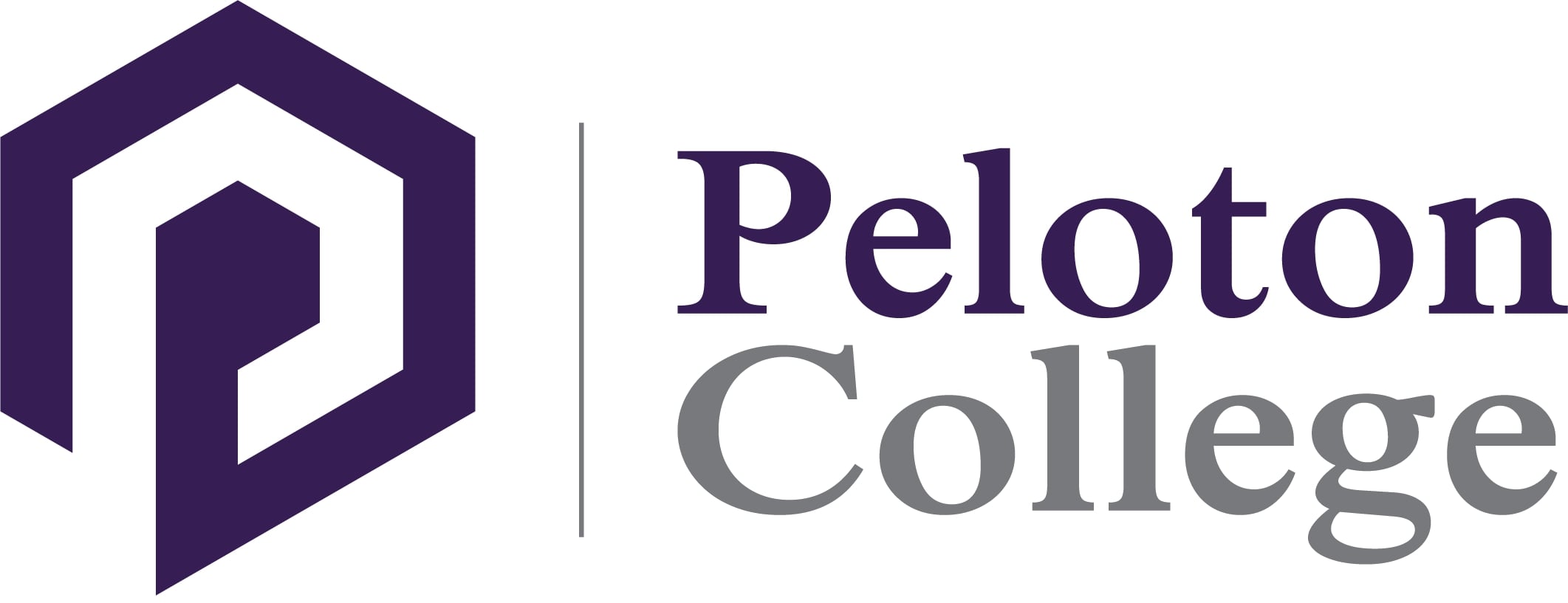What are the Benefits of Technical and Vocational Education?

Going to college is a noble ambition, but did you know that are dozens of jobs in technical fields that employers are struggling to fill? In less than a year, you could have a new career and a secure future in an exciting industry by getting a vocational school diploma. The many benefits of technical and vocational training are too good to be ignored.
What Is a Vocational School?
Jobs were once divided by intellectual and manual laborers. Becoming a tradesperson meant you went to a vocational school and worked with your hands while the college-educated held office jobs. Now, nothing could be further than the truth.
The distinction between blue and white collar workers has faded as tech-driven jobs fill the gap. Vocational schools are still dedicated to trades, but the trades have changed to include jobs in healthcare, computer science, and information technology.
What differentiates vocational schools from colleges is how they approach education. Universities want to graduate “well-rounded” students, while technical and vocational schools teach students to do specific jobs.
Training is comprehensive but hands-on and vocation specific. Less academic and more practical than degree programs, there are few elective courses that don’t contribute to your skills in the field. Students graduate faster but with the expertise they need to succeed.
Most programs last about a year and confer a diploma. Some schools also offer abbreviated certificate programs and longer associate degree options. Like colleges, some courses may be offered online, and students may have their choice of full-time or part-time learning options. For vocational schools, the goal is to eliminate education barriers.
What are the Benefits of Technical and Vocational Education?
Vocational school training is ideal for adults who want a new career without spending years in school. Programs are lifestyle friendly and include perks like:
A Whole New Vocation
Technical schools cater to entry-level positions. Unlike degree programs that require prerequisite credits in specific subjects, most vocational programs are open to anyone who wants to learn. You can train for an entirely new career with little experience. There’s no faster way to do an about-face in the workplace.
A Competitive Advantage
Formal education isn’t required to work in some fields. Still, as in medical assisting, it may be the industry standard. Without training, you may forever compete against experienced applicants without getting a job.
Having a vocational school diploma makes you a more attractive candidate by demonstrating proven skills and dedication to your field. And in some cases, it prepares you for must-have industry certifications.
A medical assistant, for example, must be certified to enter a doctor’s order into a patient’s chart. A diploma and certifications make you a more valuable employee.
Small Class Sizes
A college student is one voice among many, but you’ll feel heard in a vocational school. Smaller class sizes means all students get the individualized attention they deserve. Everyone’s input is valued, and no one is left behind.
Students typically learn best in small classes because there are more opportunities to interact with instructors and classmates. The network of connections you’ll make will last a lifetime.
Like-Minded Peers
In a college chemistry class, some students are majoring in medicine while others are interested in physics, no one topic brings people together.
However, in a vocational classroom, students share a goal. The atmosphere is more creative because everyone’s on the same page. Like most teams, more is accomplished when the people involved are of like mind and share similar interests.
Seasoned Instructors
Classroom learning is part of any educational program, but vocational programs offer hands-on learning opportunities that reinforce lessons.
And what better way to learn the ropes in a new field than from an industry-seasoned instructor? More than teachers, they’re mentors. Students benefit from their experience in ways that books don’t cover.
Career Services
Training is just the beginning of what vocational schools offer. Students benefit from career services beginning before graduation and beyond.
Partners with local businesses, vocational schools design programs to meet occupational demand. And when employers need qualified applicants, they turn to graduates.
Schools also support students with job fairs and networking opportunities. Finding the right job in a new industry can be intimidating, but vocational colleges are in your corner.
What Are Some of the Vocations You Can Learn?
These are many careers you can train for with a technical or vocational education from Peloton College. These careers include:
Medical Assisting
Medical assistants support licensed healthcare professionals in office settings. Employed by doctors, clinics, and hospitals, they manage a broad range of clinical and administrative responsibilities, such as:
- Managing the schedule
- Triaging phone calls
- Rooming patients
- Taking vital signs
- Drawing blood
- Obtaining urine samples
- Performing diagnostic tests
- Administering medications
- Assisting with treatments
- Helping with procedures
- Sterilizing instruments
- Maintaining medical records
- Billing and coding
- Patient education
- Client outreach
According to the US Bureau of Labor Statistics, the demand for medical assistants is projected to rise nearly 18 percent in the next ten years. If you’re a compassionate person with a passion for wellness and good organizational skills, you’re wanted in the healthcare field.
You’ll learn about these topics and more in a vocational school program:
- Anatomy
- Physiology
- Pharmacology
- Microbiology and infection control
- Electrocardiography
- Phlebotomy
- Electronic health records
- Medical law and ethics
- Office and laboratory practices
- Therapeutic communication
Medical Billing and Coding
Medical billing and coding specialists handle payment issues and insurance claims in healthcare settings including private practices, clinics, hospitals, insurance companies and medical billing services. Duties include:
- Chart reviews
- Transcribing health data into alphanumeric medical codes
- Submitting insurance claims
- Requesting service authorizations
- Troubleshooting denials
- Tracking insurance payments
- Answering patient inquires
- Light accounting
Programs cover:
- Medical terminology
- Basic anatomy and physiology
- Electronic recordkeeping
- Billing technology and regulations
- Private and public insurance models
- Government insurance programs, such as worker’s compensation
- Collections regulations
Many more billing and coding specialists are needed to meet growing demand through 2032. More than 30,000 new openings are projected in the next decade.
Information Technology
IT specialists help businesses establish, manage and maintain computer systems. On an average day, you’ll:
- Test the function and efficiency of computer systems
- Install and update hardware and software
- Design new systems and implement upgrades
- Install and diagnose LANs
- Verify security certificates and monitor data compliance requirements
- Provide education and technical support for staff and clients
- Backup system files
Programs topics include:
- Digital electronics
- Basic coding
- Operating systems
- System analysis and design
- Multimedia applications
- Hardware, software, and mobile technology
- Networks, internet connectivity, cybersecurity
IT specialists work for all types of businesses, schools, healthcare facilities and the government. A broad field, job descriptions vary significantly. There’s ample opportunity to specialize and grow your career through continuing education and experience. The job outlook for IT specialists has never been brighter.
Cybersecurity
Cybersecurity specialists safeguard digital data. One of several diplomas you can get in IT-related fields, it’s among the most exciting roles for the tech-savvy ethical hacker. As a cybersecurity specialist, it will be your mission to make computer systems virus-, malware- and hack-proof. Responsibilities include:
- Developing security systems
- Implementing protection strategies
- Assessing network vulnerabilities
- Penetration testing
- Threat response
Programs delve into:
- IT concepts
- Basic programming
- Cybersecurity principles
- Cloud and mobile security
- Database design
- Digital forensics
- Threat analysis
- Cyber law
An entry-level position, there’s no shortage of opportunity in this field. The need for cybersecurity experts is expanding across all sectors.
Final Thoughts
If training is an investment, then why not invest in yourself with a technical or vocational education? Enroll today and start loving what you do sooner.
Want to Learn More?
Peloton College offers Electronic Systems Technician, Information Technology Support Professional, Associates of Applied Science in Cybersecurity, Medical Billing, and Coding, and Medical Assistant programs consisting of fast-track learning courses taught by experienced technical professionals who are committed to providing individual attention to every career college student.
The mission of Peloton College is to be the premier provider of hands-on training and education by providing students and graduates with the necessary skills to secure occupational careers. Contact us today to learn more.



